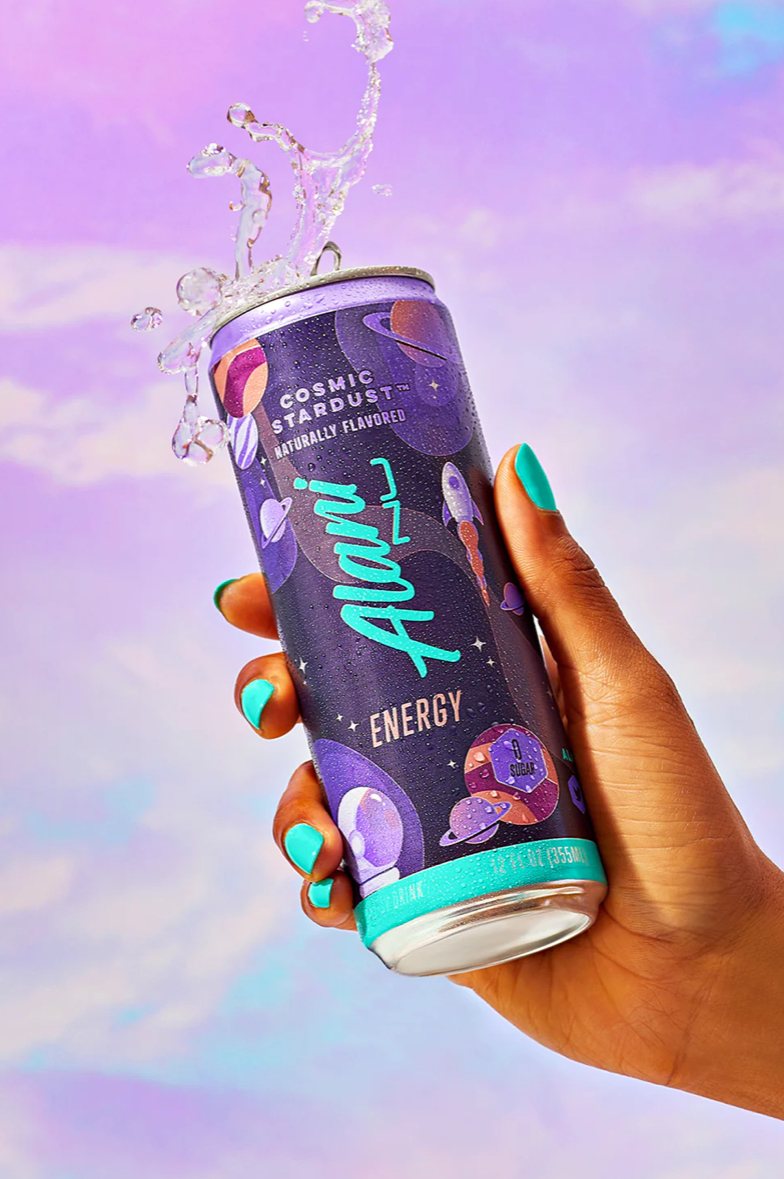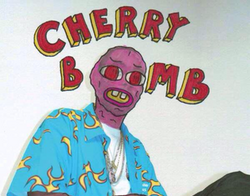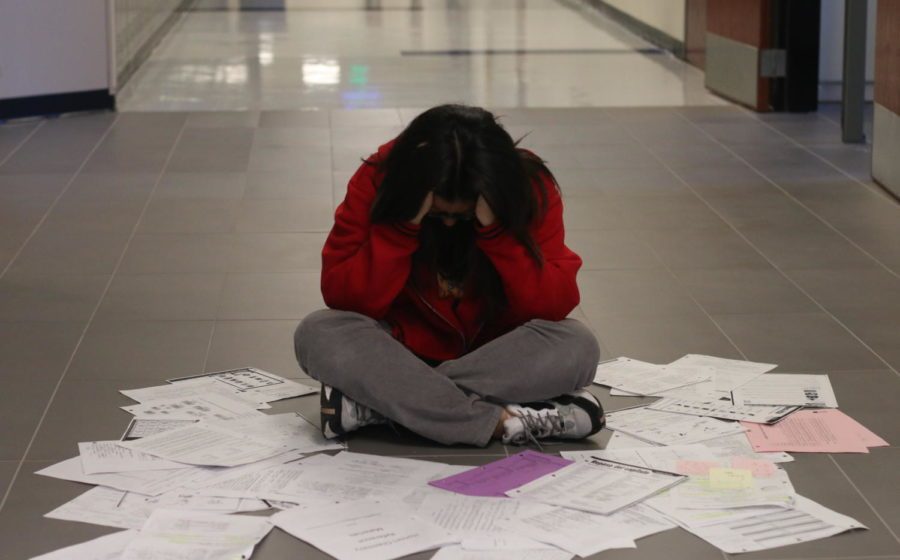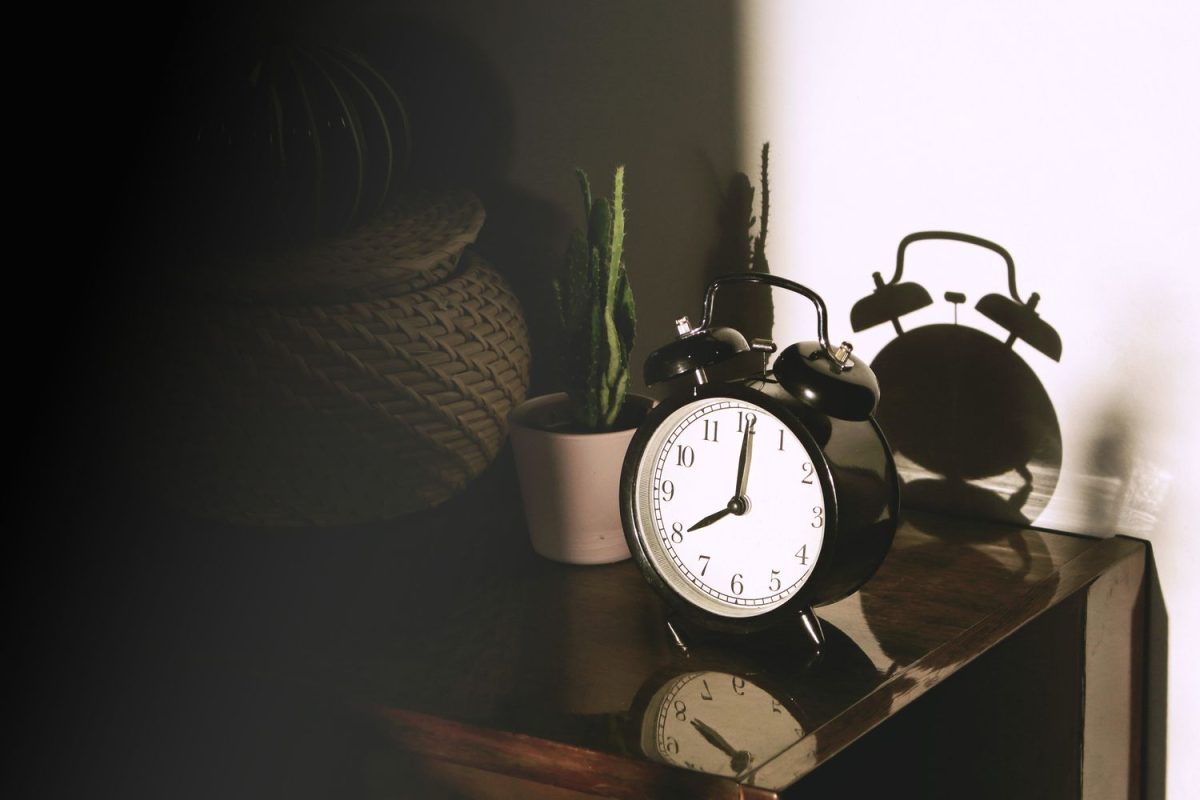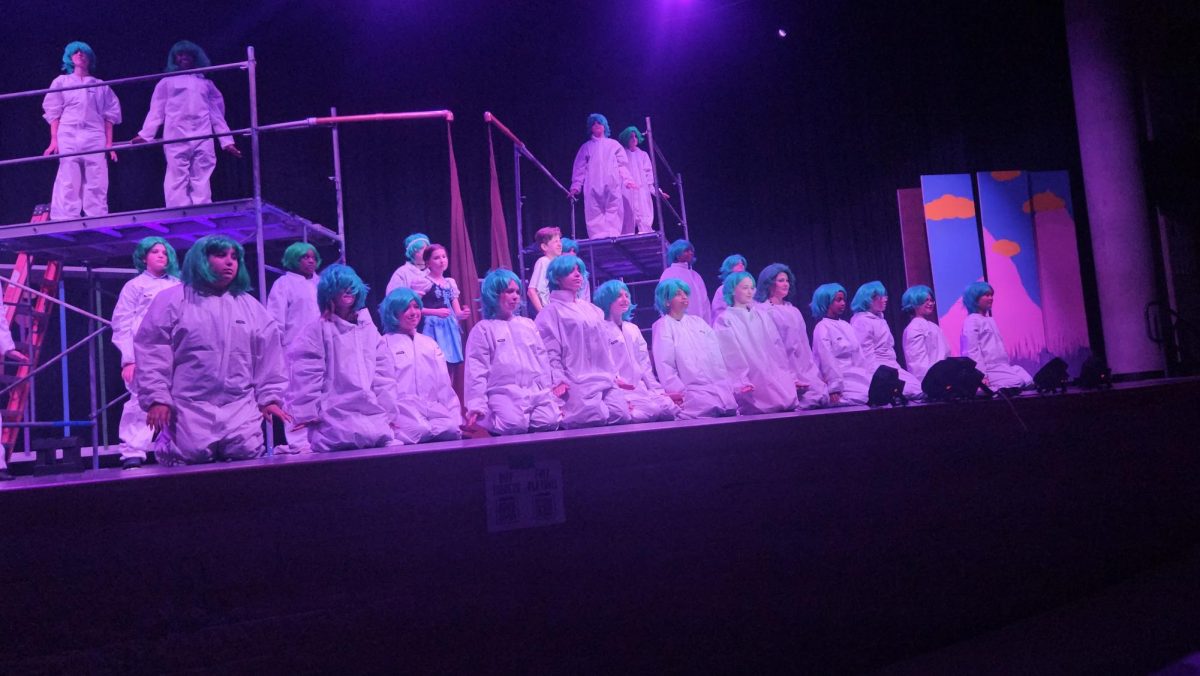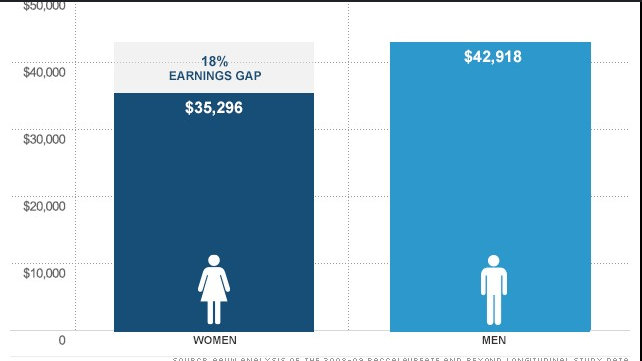In 2018, Katy Hearn founded Alani Nu Energy to empower women and young adults to make them feel their best both inside and out. The brand promotes a healthy lifestyle and prioritizes inclusivity, providing resources for wellness improvement. Alani Nu has built a strong online presence, using social media to connect with customers and share a positive health and fitness message.
Alani has become more popular mostly among high schools, middle schools, and young adults. Even though everybody drinks these nonstop, the real question is: Are Alani Energy drinks healthy for teens?
“I think they’re healthy for teens because they give you enough energy if you don’t get enough sleep at night,” Eighth grader Karrington Mack said. “And they don’t have sugar, so they are kind of more healthy than others like Celsius or Red Bull.”
During school hours, students either have an Alani or just any energy drink, though most teachers tell students not to do this, they most likely do it anyway. Teachers think that this can affect students’ health, school focus, school work, or mental health.
“My concern with students drinking energy drinks during school hours is that they aren’t healthy for you,” Science teacher Rhonda Hejl said. “It causes your heart rate to increase rapidly and puts stress on the systems in your body.”
Teens are saying that Alani is better than other energy drinks because of its caffeine levels and that it’s healthier than others because it doesn’t contain any sugar. However, teens are also expressing that Alani energy drinks are too much for such young people.
“I think that Alani is more flavorful than other energy drinks, but not too strong, so it’s easy to drink fast.” Eighth grader Leah Trevino, “But I really wouldn’t recommend Alani to a younger teen because of the caffeine levels, and they’re just younger, so their body isn’t fully developed, and it can hurt them if they drink too much.”
Teenagers can experience negative effects from energy drinks like Alani. Such as insomnia, depression, tiredness, heart problems, and high heart rate. According to the American Academy of Pediatrics, 1 in 25 children has increased blood pressure from drinking too many energy drinks.
“I have had some negative side effects after drinking Alani. I couldn’t sleep at all after drinking it,” Eighth grader Zoe Ratliff said. “I felt kind of shaky, anxious, and jittery. I still drink Alani but not as much I drink 1 or 2 a day.”
According to UCLA Health, the current recommendation for adolescents ages 12-18 is less than 100 mg of caffeine per day, Alani Energy drinks can contain 100-300 mg of caffeine per serving, and any more can be harmful to teens and adolescents. With teens drinking Alani Energy, lack of school focus and sleep can be heightened.
“I think Alani can help with school focus unless you drink too much then it can make you really hyper and make it harder to concentrate,” Eighth grader Celeste Carter said. “It can also impact your focus in general and sleep patterns if you drink Alani too late in the day. I would probably recommend not drinking it after 3:00 PM because I couldn’t sleep after drinking it after school.”

